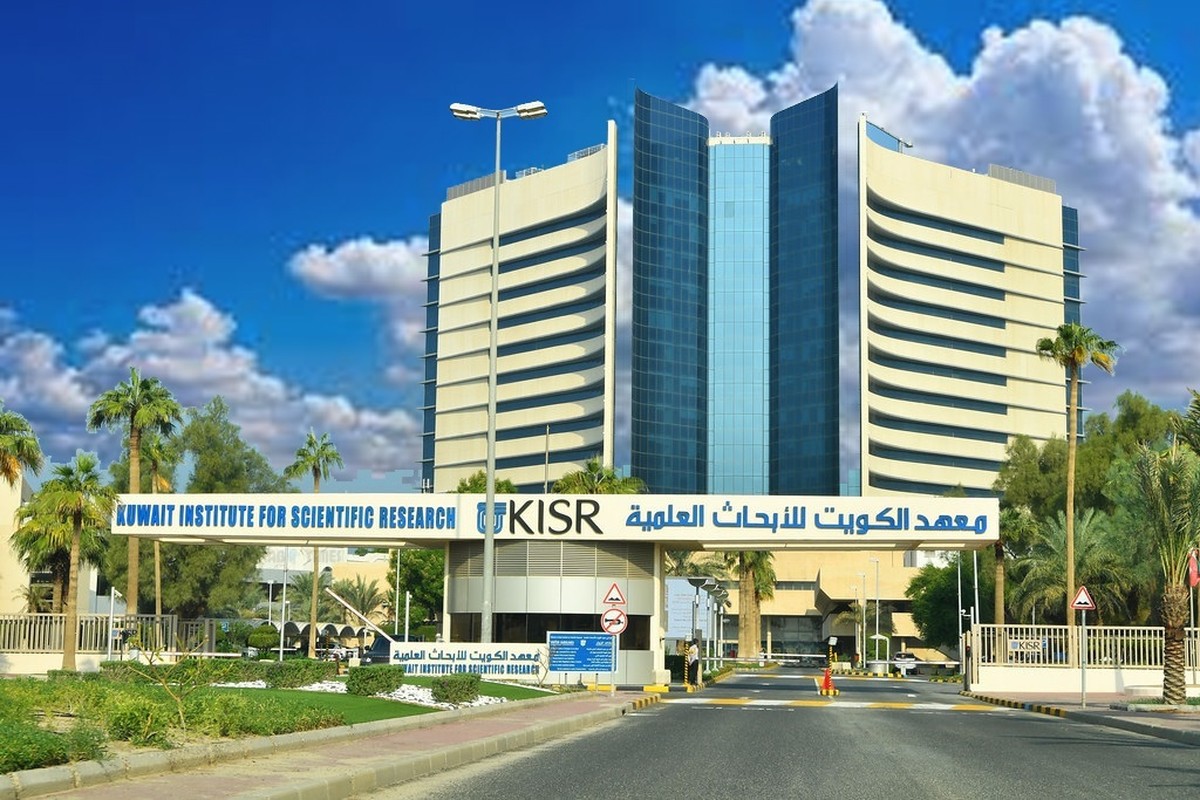21/10/2025
21/10/2025

KUWAIT CITY, Oct 21: The Kuwait Institute for Scientific Research (KISR) on Tuesday unveiled an upgraded version of its KISR Digital Repository (KDR), calling it a qualitative leap in reinforcing the national research infrastructure and a foundational step toward a more open and sustainable scientific ecosystem in Kuwait.
Fadela Taqi, Project Lead of the Digital Repository at KISR’s National Scientific and Technological Information Center, said in a press statement that the development of the repository aligns with KISR’s strategic vision to adopt digital preservation solutions. This approach, she said, acts as a critical pillar for safeguarding institutional knowledge outputs, protecting them from potential loss or damage, and ensuring their long-term accessibility.
Taqi emphasized the significance of ensuring sustainable access for researchers, students, and decision-makers alike. Digital preservation, she noted, plays a vital role in expanding the reach and impact of scientific research by enabling future reuse of knowledge outputs, which in turn deepens knowledge accumulation and contributes to national development.
Tracing the repository’s journey, Taqi explained that the National Scientific and Technological Information Center had begun laying the foundation years ago by establishing a digital archive of KISR’s scientific output. This initial effort began with the collection and digitization of technical reports from KISR’s research projects, forming the groundwork for a comprehensive national repository to document Kuwait’s local scientific production.
The first phase involved establishing an integrated digitization laboratory equipped with specialized tools and developing a Digitization Administration Framework (DAF) in collaboration with the Library of Alexandria. This collaboration significantly enhanced the technical capabilities of the KDR platform, enabling high-quality in-house digitization processes.
As a result, more than 10,000 scientific and technical reports from KISR projects were digitized, alongside a selection of government studies, national initiatives, and various institutional documents. These outputs are now available through open access, facilitating wider knowledge sharing both within Kuwait and internationally.
Highlighting the new capabilities of the upgraded KDR, Taqi said the platform is now built on a modern digital architecture that aligns with the latest global technologies. The system offers improved performance, expanded support for various types of scientific content, easier researcher access, and enhanced knowledge exchange among scientific institutions.
She described KDR as a pioneering national initiative that preserves KISR’s institutional memory and Kuwait’s broader scientific heritage. By ensuring the long-term availability of key research outputs, the repository supports future generations of researchers and serves as a vital resource for ongoing and future studies.
Taqi also commended the crucial role played by the Library of Alexandria in developing the latest release of the repository. She noted that the enduring memorandum of understanding signed in 2011 between KISR and the Library had enabled the institute to benefit from world-class expertise in building and managing digital repositories, particularly in areas like technical infrastructure, content management, and data accessibility.
“This achievement marks an important milestone toward realizing the strategic goals of the Science and Technology Sector,” she said, adding that the successful launch would not have been possible without the steadfast support of KISR’s senior management.
“We hope this release will constitute a qualitative addition aligned with Kuwait’s aspirations,” Taqi concluded.


